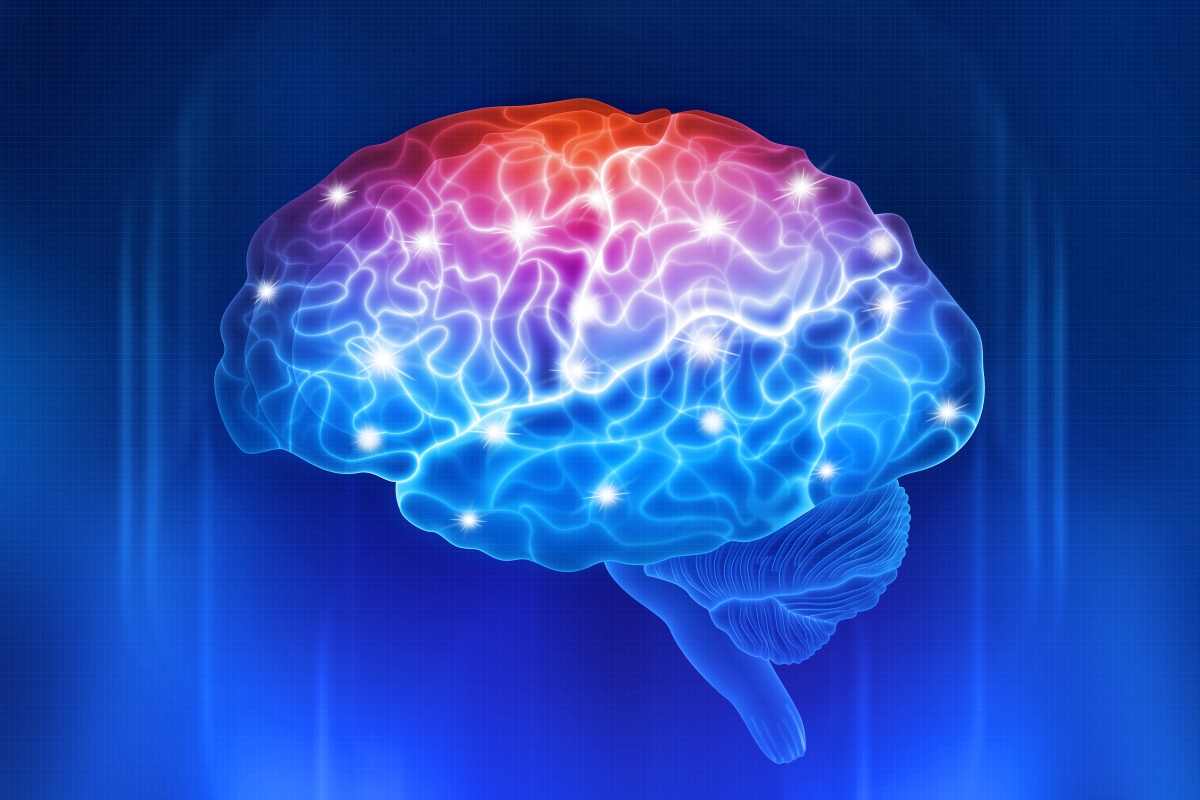Association of long-term diet quality with hippocampal volume: longitudinal cohort study


The CNP Diet and Brain Research Category consolidates research exploring the interdependent relationship between dietary intake and the brain. To view each original study on the open internet, click “Original.” To view the CNP-written abstract summary, click “CNP Summary.” While only some of the CNP-written abstract summaries are available below for free, all abstract summaries are available to CNP members through the CNP Library Membership.

Consumption of a Western diet (WD) during early developmental stages is linked to memory problems, particularly affecting processes reliant on the hippocampus (HPC). To explore the neurobiological reasons behind this, Hayes et al. (2024) established a rodent model where early exposure to WD led to enduring dysfunction in the HPC. Rats were given either a cafeteria-style WD with unrestricted access to high-fat/high-sugar foods (CAF) or standard healthy chow (CTL) during their juvenile and adolescent phases (postnatal days 26–56). Behavioral and metabolic assessments were conducted before and after a period of healthy diet intervention starting in early adulthood. The results showed persistent deficits in contextual episodic memory in CAF rats, indicating HPC involvement. Since disrupted acetylcholine (ACh) signaling in the HPC is associated with memory problems, the authors examined ACh-related protein markers in CAF and CTL rats’ dorsal HPC (HPCd). Lower levels of vesicular ACh transporter protein were found in the HPCd of CAF rats compared to CTL rats, suggesting chronically reduced ACh levels. Using an intensity-based ACh sensing fluorescent reporter (iAChSnFr) in vivo fiber photometry targeted at the HPCd, the authors discovered that ACh release during object-contextual novelty recognition was strongly linked to memory performance and was impaired in CAF rats compared to CTL rats. Neuropharmacological experiments demonstrated that infusion of an alpha 7 nicotinic ACh receptor agonist into the HPCd during training restored memory deficits in CAF rats. Overall, these results highlight a functional relationship between early WD consumption and persistent dysregulation of HPC ACh signaling, providing insight into the mechanism underlying WD-related memory issues.
Association of long-term diet quality with hippocampal volume: longitudinal cohort study
A high-fat diet promotes depression-like behavior in mice by suppressing hypothalamic PKA signaling (animal study)
CNP Research Summary can be found in the CNP Library Membership
A high-fat, refined sugar diet reduces hippocampal brain-derived neurotrophic factor, neuronal plasticity, and learning
High-fat diet Induced anxiety and anhedonia: Impact on brain homeostasis and inflammation (animal)
CNP Research Summary can be found in the CNP Library Membership
High-fat diet and aging interact to produce neuroinflammation and impair hippocampal- and amygdalar-dependent memory (animal)
Long term Westernized diet leads to region-specific changes in brain signaling mechanisms (animal)
CNP Research Summary can be found in the CNP Library Membership
A high-fat high-sugar diet in adolescent rats impairs social memory and alters chemical markers characteristic of atypical neuroplasticity and parvalbumin interneuron depletion in the medial prefrontal cortex (animal)
A high-fat diet decreases GABA concentration in the frontal cortex and hippocampus of rats (animal)
CNP Research Summary can be found in the CNP Library Membership
Chronic consumption of a western diet modifies the DNA methylation profile in the frontal cortex of mice (animal)